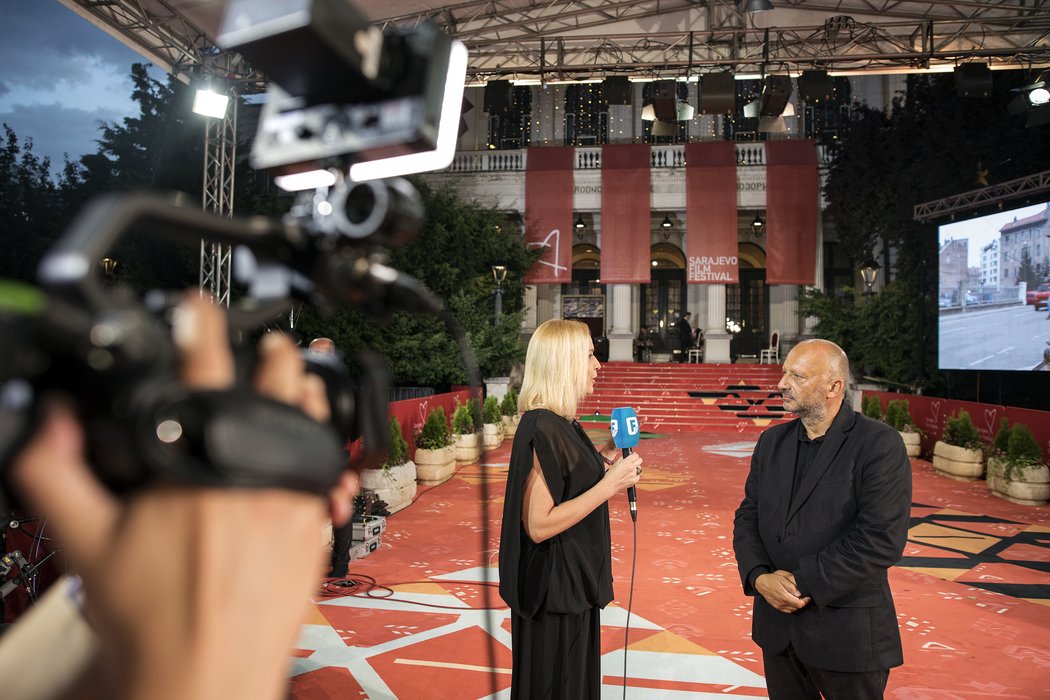
Association
During the reporting period, three reports were published addressing the progress on the conditions for civil society in Bosnia and Herzegovina. First, the European Commission published its 2020 Enlargement Package report which concluded that although the overall regulatory and legal framework for civil society is largely aligned with the EU Acquis (body of common rights and obligations that are binding on all EU countries), no progress had been made on ensuring an enabling environment for civil society. Second, the Civil Society Organisation Sustainability Index (CSOSI 2019) reported that overall CSO sustainability remained the same in 2019, with dimensions such as the legal environment, organisational capacity and financial viability remaining stable. Lastly, the Monitoring Matrix on Enabling Environment for Civil Society Development 2019 found that the public are not adequately informed or engaged in decision-making processes and there is no unified mechanism for the allocation of public funds.
Peaceful Assembly
The following protests took place during the reporting period:
- More than 250 people who gathered in front of Brcko District's government expressed their dissatisfaction regarding the government's new orders to tackle the COVID-19 pandemic. According to the protesters, the new measures, such as curfews and bans on catering facilities, are not sustainable and the sector is following all the epidemiological and hygiene standards.
- University of Zenica students gathered for a peaceful protest in front of the Rectorate building demanding that authorities allow for their transition to the following academic year, that they reduce tuition fees and enable tuition payment in instalments. Similarly, University of Mostar students have protested for better study conditions, a reduction in tuition fees by 25 percent and for students to return to their regular lectures.
- After five months, residents of Mostar, together with activists of the "Because it concerns us" Association protested in front of the Uborak landfill demanding that the inspectorate investigate the illegal work of the landfill. Their efforts were also supported by participants in the International Conference of Activists of Southeast Europe.
Expression
The OSCE Mission and British Embassy released a statement condemning the attacks against media and journalists in the country. The two entities stated they would closely monitor and bring attention to any violation of journalists’ rights and any threats for informing the public in a free and democratic environment.
“Any and all threats and attacks against journalists should be thoroughly investigated, including in particular when perpetrated by public officials, who are expected to serve as role models for respectful and accountable behaviour.”
Mediacentar Sarajevo, an independent media organisation, found that social media and comments on new sites have increasingly become a platform for disinformation of coronavirus-related content in Bosnia and Herzegovina. An EU-sponsored conference was held which discussed the negative consequences of virus deniers on the scientific community in the Balkans region.
Director of the NGO Vasa Prava BiH has said in an interview that the organisation will work to offer support to journalists in protection of the right to freedom of expression and of the media. This action comes after reports of violence and intimidation experienced by national journalists, and as a result the organisation aims to provide legal aid for journalists who need such assistance.
A Bosnian Serb public broadcaster was threatened with legal action from Bosnian authorities after it exposed the name of a protected witness in a Srebrenica genocide trial. The OSCE condemned the publication for naming the witness:
“Without the testimonies of key witnesses, justice cannot be done. In sensitive trials like war crimes proceedings, some witnesses are considered especially vulnerable and must be protected by the authorities to ensure their security and the integrity of their testimony,” the OSCE mission told BIRN.
A report, Indicators of level of media freedom and safety of journalists in Bosnia and Herzegovina 2019 (produced as a part of a project for the Regional Platform for Media Freedom and Safety in the Western Balkans, supported by the EU) highlights that attacks against journalists and the media is a grave concern which must be addressed if BiH wants to obtain candidate status for the European Union. Head of the Delegation of the European Union to Bosnia and Herzegovina, Ambassador Johan Sattler said:
"Many journalists I have spoken to here have expressed concern for their own safety while doing their job and this is unacceptable. There are, of course, economic limitations, low salaries in the media compared to other professions, and this is especially pronounced now in the conditions of the COVID-19 pandemic. Relevant organisations must enable the media in BiH to perform their role with full freedom of expression and you can be sure that the EU Delegation is on your side."